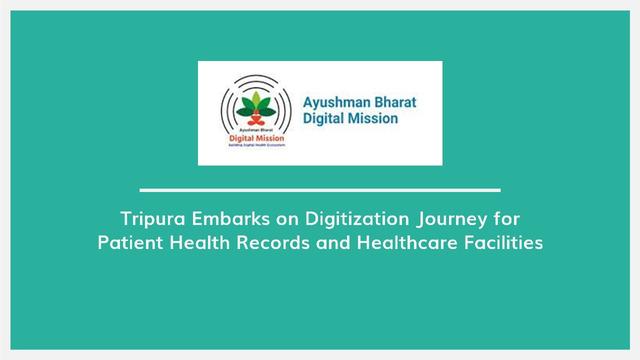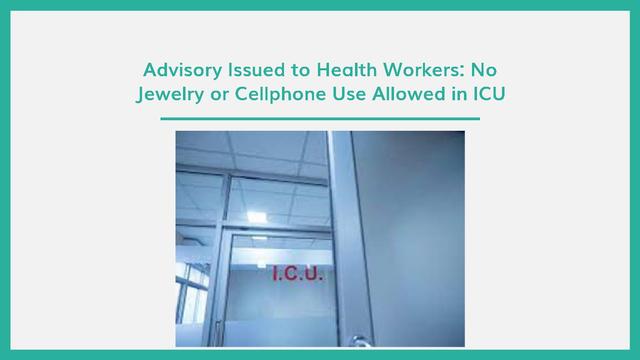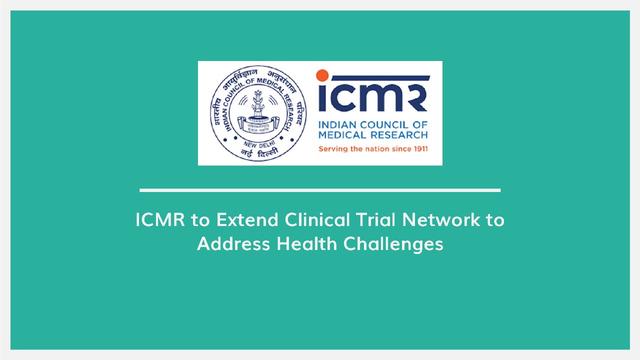Transitioning Era of Healthcare Delivery
By - Dr. Shubnum Singh
8 Nov 2022
Multiple shocks and tectonic shifts spanning from COVID-19, ongoing conflicts, climate change, increasing polarity, and changing demographics all point to the fact that we are sitting at the cusp of entering if not embarking into a new age. To successfully transition and withstand challenges in the transformation it appears by all accounts the key to success is developing resilience. So, what does it entail when applied to healthcare?
Hollnagel et al (2013) define it as “the ability of the healthcare systems (a clinic, a ward, a hospital, a country) to adjust its functioning prior to, during or following events (changes, disturbance and opportunities), and thereby sustain required operations under both expected and unexpected condition”. Crudely put the ability to be a mechanical spring with emotive intelligence in healthcare delivery. To move forward and build resilience we have to first look back.
Chronic underfunding, fragmented health systems, underserved populations, and lack of skilled manpower are well-recognized and acknowledged pain points which have plagued healthcare systems for eons. Added, to the boiling pot are supply chain, manufacturing and distribution blips, nutrition, safe drinking water, demographic changes(ageing population) and rising sceptre of NCD’s and a list of unmet basic needs. Where or what are the probable solutions wherein we could see some green shoots emerge?
Let’s take the first ie chronic underfunding. The current excitement and interest exhibited by private equity in Indian Healthcare delivery ecosystem could perhaps be one such green shoot.
Covid has heralded a transformable change in care delivery models. Alternate sites of care have emerged. It is becoming patient-centric, ambulatory, and available at home; driven by data analytics; enabled by new technologies and attempting to be value-based and transparent. Universal health coverage, and increasing health insurance penetration will press the need for enhancing quality of services and cost reductions. Systems which have high market share will outperform those with low market share as they have economies of scale that drive efficiency. Unfortunately in our context, this would mean that funding will go to well-established metro-centric systems of care. The country is largely served by mid and small sized units and they are the ones who need urgent attention. To achieve digitization, skill sets in management, operational efficiency, and agility in adapting to a new normal there is a need for optimization of back-end functions, and technology enhancement. For healthcare professionals, it would mean learning new skills to manage technology after being convinced of the service or product fit in an Indian context.
Multi-stakeholder and cross-segment alliances will hopefully evolve into new scalable services and business models with greater alignment of incentives, better integration of care, and use of data analytics, technology etc. All of this of course comes at a price for investment and a cost to the patient.
Proactively and fundamentally reshaping how the industry operates and how care is delivered will feed into the sorely needed resilience required by the country as we move into a new era.
Trending Now

Tripura Embarks on Digitization Journey for Patient Health Records and Healthcare Facilities
29 Apr 2024

Advisory Issued to Health Workers: No Jewelry or Cellphone Use Allowed in ICU
29 Apr 2024

ICMR to Extend Clinical Trial Network to Address Health Challenges
29 Apr 2024

Surge in Dengue Fever Cases Prompts Health Authorities in Udupi, Karnataka to Initiate Larva Survey
29 Apr 2024

Bharat Biotech Co-founder Highlights India's Advancement" in Response to VP Dhankhar's Visit to Pharma Major
29 Apr 2024




